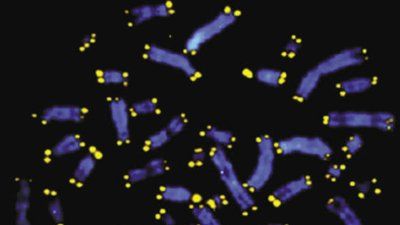Human Cancer Prognosis Is Related to Newly Identified Immune Cell
A newly discovered population of immune cells in tumors is associated with less severe cancer outcomes in humans, and may have therapeutic potential, according to a new UCSF study.

University of California San Francisco
Give to UCSFA newly discovered population of immune cells in tumors is associated with less severe cancer outcomes in humans, and may have therapeutic potential, according to a new UCSF study.

The importance of building more effective global health care systems, as well as relying on a more diverse, local pool of talent were oft-repeated themes of UCSF’s sold-out symposium, “The Science of Global Health: What's Next,” on Oct. 2.

Just a decade after UCSF Global Sciences was founded, it has become a powerful research enterprise, attracting leading minds to come solve some of the world's toughest health problems.

Juliana's Journey Foundation - established in honor of two-and-a-half-year-old Juliana Peña, who passed away in 2012 from brain cancer - recently gave $15,000 to UCSF's Kate Matthay, MD, to develop treatments for neuroblastoma.

UCSF is working to create an online platform that health workers around the world can use to predict where malaria is likely to be transmitted using data on Google Earth Engine.
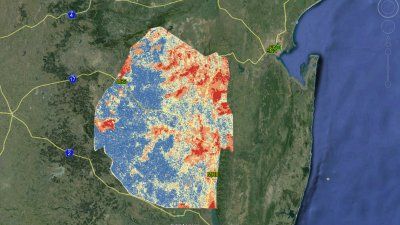
Children who repeatedly become infected with malaria often experience no clinical symptoms with these subsequent infections, and a team led by UC San Francisco researchers has discovered that this might be due at least in part to a depletion of specific types of immune cells.

It sounds like science fiction, but it seems that bacteria within us – which outnumber our own cells about 100-fold – may very well be affecting both our cravings and moods to get us to eat what they want, and often are driving us toward obesity.
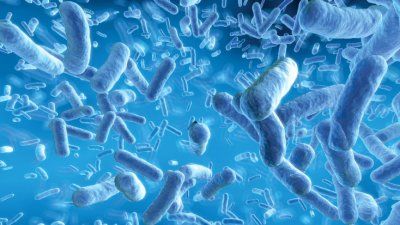
New research partly led by UCSF-affiliated scientists suggests that one in 10 cancer patients would be more accurately diagnosed if their tumors were defined by cellular and molecular criteria rather than by the tissues in which they originated.
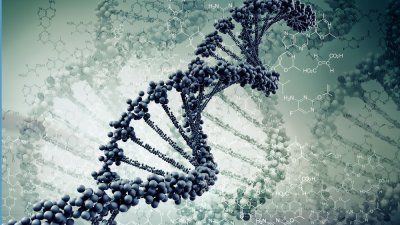
All over the world, men die younger than women and do worse on a host of health indicators, yet policy makers rarely focus on this “men’s health gap” or adopt programs aimed at addressing it, according to an international group of researchers and health charity workers.

UCSF Medical Center is among the nation's premier hospitals for the 13th consecutive year, ranking as the eighth best hospital in the country according to U.S. News & World Report.
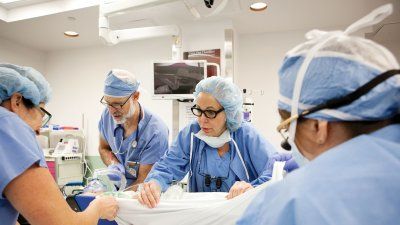
Twitter and other social media should be better utilized to convey public health messages, especially to young adults, according to a new analysis by researchers at UC San Francisco.

UCSF scientists have shown that cancer-induced structural changes in a sugary coating ensheathing cells can promote mechanical interactions that fuel tumor growth and metastasis.

The Ras protein is one of the most common and deadly drivers of cancer, yet it has eluded any drug therapies for decades. Scientists are getting close to changing that.
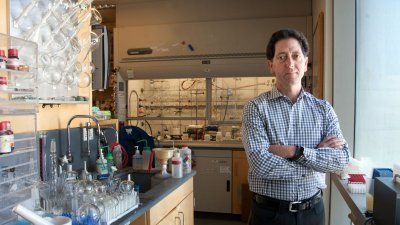
New genomic research led by UCSF scientists reveals that two common gene variants that lead to longer telomeres also significantly increase the risk of developing the deadly brain cancers known as gliomas.
